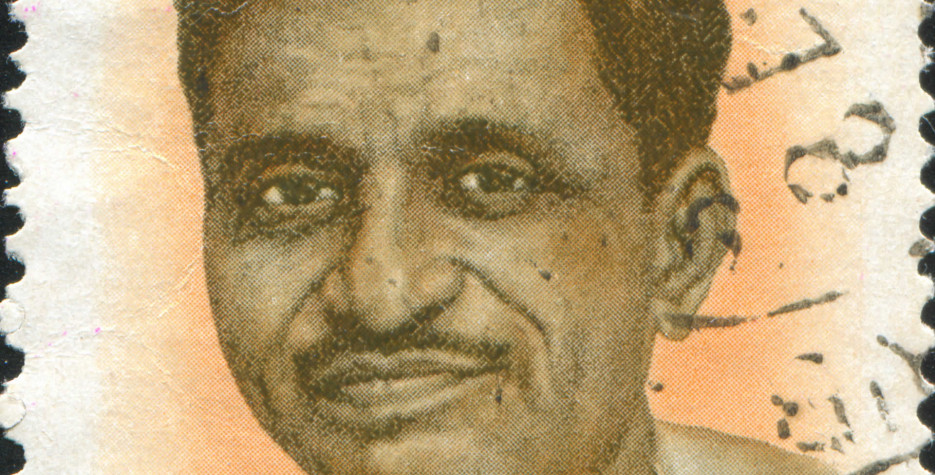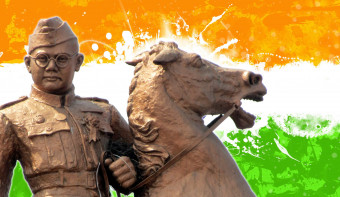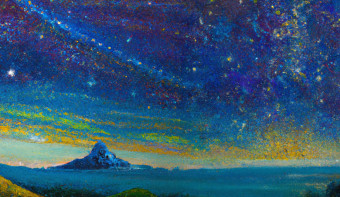About Antyodaya Diwas
Every year on September 25th, Antyodaya Diwas is observed.
Indian Prime Minister Modi designated this day as a national holiday in 2014 to commemorate the birth anniversary of the late Pandit Deendayal Upadhyaya.
He was a long-serving politician who was a prominent figure in the Bharatiya Jana Sangh, from which the BJP arose. Antyodaya means "uplifting the poorest of the poor," and the day is commemorated with the goal of reaching out to society's last person.
Deendayal Upadhyaya was an Indian politician and proponent of the Rashtriya Swayamsevak Sangh's (RSS) right-wing Hindutva ideology, as well as the leader of the Bharatiya Jana Sangh, the forefather of the Bharatiya Janata Party (BJP). In December 1967, he was elected president of the Jana Sangh. In the 1940s, while still a member of the RSS, Upadhyaya founded the monthly publication Rashtra Dharma to promote the Hindutva philosophy. In 1963, he ran for Lok Sabha and lost. In February 1968, he died in strange circumstances near Mughalsarai Junction railway station.
Quotes by Pandit Deendayal Upadhyaya
“The fundamental characteristic of Bhartiya Culture is that it looks upon life as an integrated whole.”
“Human nature has both tendencies – Anger & Greed on the one hand and Love & Sacrifice on the other.”
“Independence can be meaningful only if it becomes an instrument for the expression of our Culture.”
“If we stop to analyse the reasons for the problems facing the country, we find that the confusion about our goal and direction is mainly responsible for this chaos.”
“Strength lies not in unrestrained behaviour but in well-regulated action.”
“Dharma is a very wide concept which concerns all aspects of life-sustaining society.”
“The principles of ethics are not framed by anyone, these are rather discovered.”
“Human Knowledge is a common property.”
“There is diversity and plurality in life but we have always attempted to discover the unity behind them.”
“When nature is channelled according to the principles of dharma, we have culture and civilisation.”
Similar Observances
Parakram Diwas
Read More







